Going places! Tarek Chaudhury
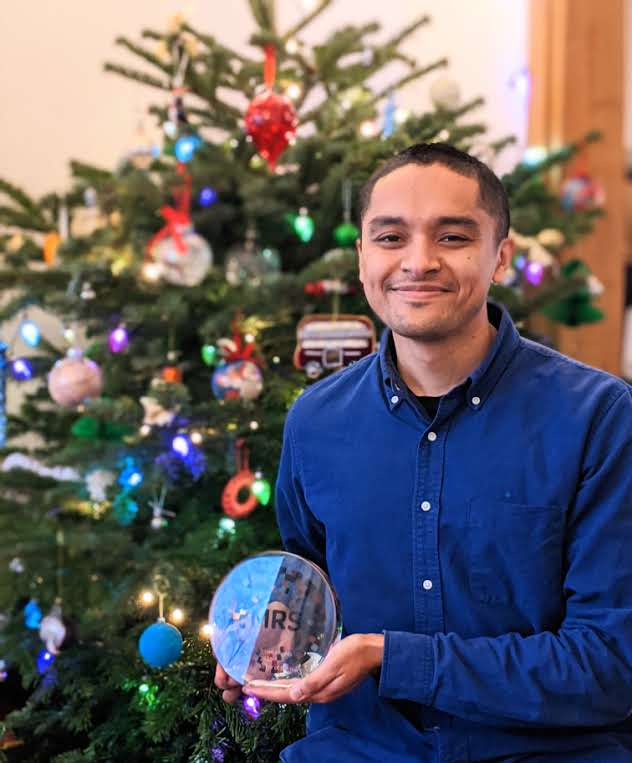
When you’ve interviewed a host of musicians, hundreds of callers and public figures like Boris Johnson, where on earth do you go next? Market Research of course!
It was awesome to catch up with one of the coolest researchers in the industry, MRS Young Researcher of the Year Tarek Chaudhury, who has had a fascinating start to his career. He has some great advice for both younger researchers starting out, and for all of us on how we market our sector as a career of choice to the next generation.
Hi Tarek, great to catch up and to have you at the receiving end of an interview for a change – no pressure on me at all! So, how did you get into the industry, and take us through how you got to this point?
Like many journeys into this industry, it’s been an unusual path. Around 10 years ago, I’d left education early and started out in radio broadcast. Alongside interviewing and unpicking the minds of musicians, callers and public figures like the current Prime Minister, it was here that I started to hone my interviewing, moderation and research skills.
Later when my radio station was conducting research to increase listenership, it was through this that I realised there was an industry that would allow me to understand the needs of people with even greater depth. I left radio and started fresh at Flamingo in 2016, progressing through consecutive research roles, moving to Discover.ai (who I am pleased to still work very closely with!) around the beginning of 2020. Toward the end of the year, I decided to go freelance so I could continue with research but have a little more time for not just studying culture but having a hand in creating it again with things like my Wordplay Podcast for Wordplay Magazine or my new series of ‘blueprints’ for understanding rap music and its many forms.
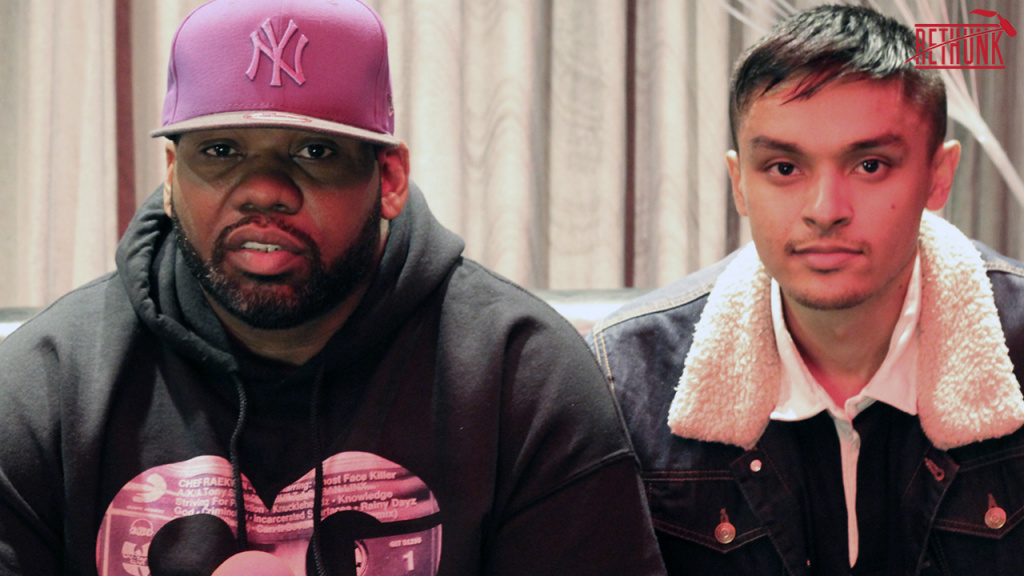
Love how you are so passionate about research, but also about exploring your other passions. So, what has been the most interesting / crazy / fun project you’ve ever worked on?
There are many but to name one, at Flamingo I had the pleasure of frequently working with Newsworks (the trade body for national news brands). We went up and down the length and breadth of the UK multiple times, doing the usual focus groups but also spending time talking to people in the streets, in their homes, in local newspaper offices, in football stadiums, in community centres, finding out what people in Britain truly care about. Thanks to Brendan, Kate and Josh at Flamingo and the Newsworks Insight team, who are an absolute pleasure to work alongside.
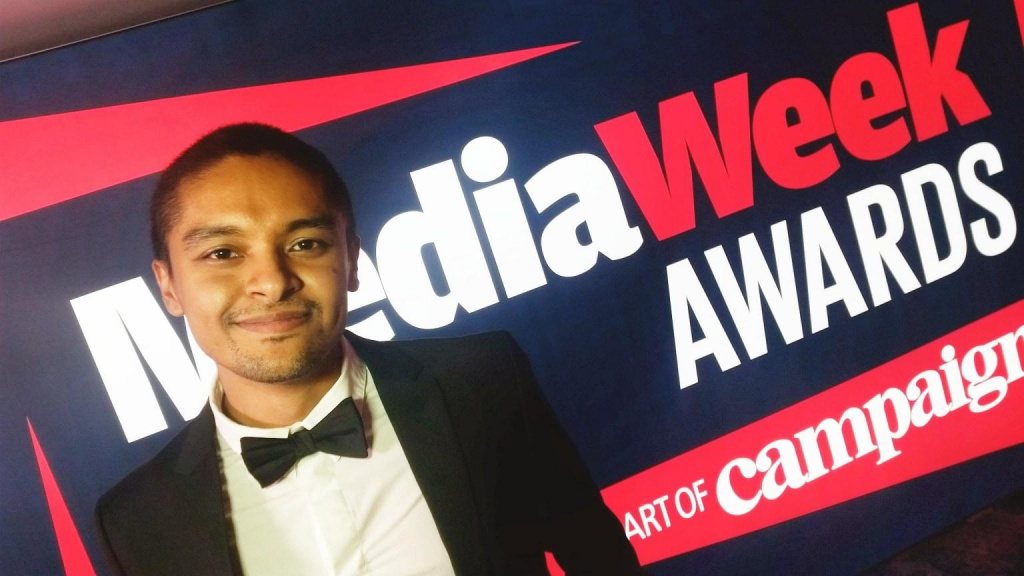
Coming to research from outside the industry, what’s one thing you didn’t expect when starting out in market research?
On the work side, I think I knew what I was getting into from the beginning and the subjects and studies that the work allows me to enjoy has kept me fascinated throughout. One thing I didn’t expect beyond the work was to make so many great friends across this industry, many that I know will be lifelong friends. We market researchers are a very peculiar type of creature and in many ways, I’ve found my tribe.
How much difference can you actually make in research?
I think there’s a lot of potential difference to be made; it’s often found in research for public bodies but also with large brands too. I’m really proud to have worked on research with Universal Music Group about neurodiversity in the creative industries. This work has already gone some way to shaping how inclusive many workplaces are for neurodivergence in their companies. I also know many people, myself included, have really positively benefited from this work in our personal lives.
It’s a crowded space when you first get into the industry, so how can young researchers stand out when starting out in market research?
I think it’s very helpful to let others know what areas really interest you. If you put this out, it can help others to guide you toward the work that you’ll find most interesting, that you’ll probably be spending time naturally thinking about anyway. When you’ve established yourself in that space then you’ll also hopefully excel there because it’s what really fascinates and fulfils you beyond the day to day and you’ll stand out as an expert in that space.
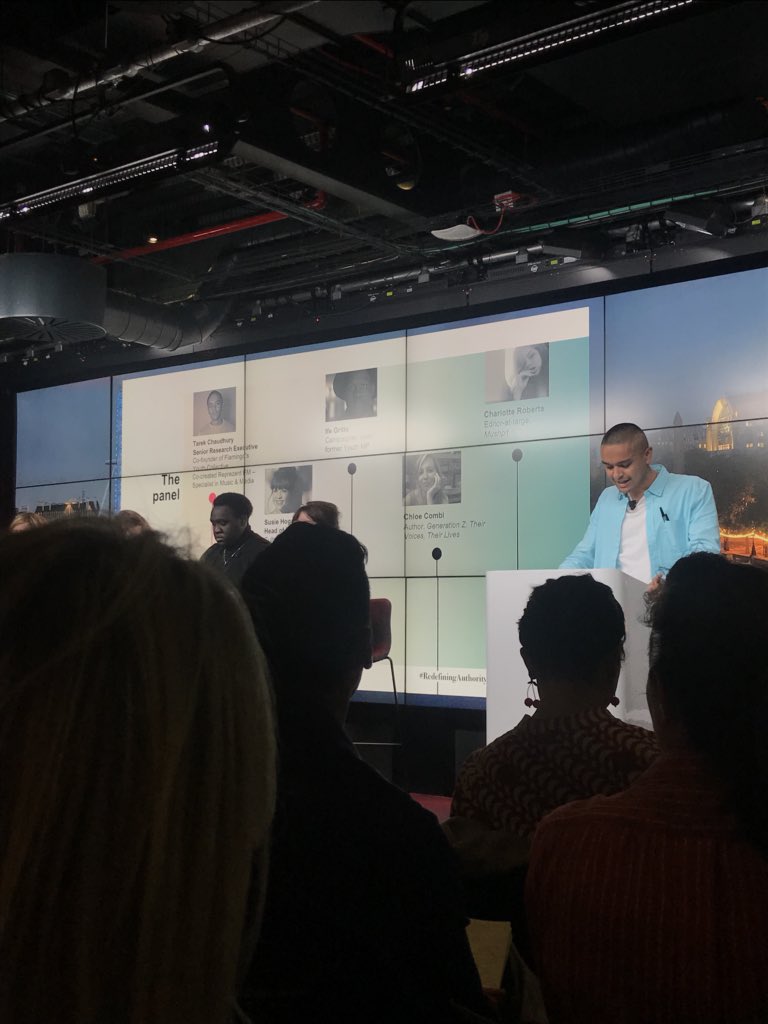
What are 3 qualities you think every great young researcher needs or should aim to have?
I think one of the qualities to hone are an openness to learning from different categories and cultural subjects so you can start to see the parallels and come to great insight more readily. Another would be to learn how to totally focus on the research study at hand (even if in reality you’re working on multiple studies simultaneously) so you can give it the deep focus that great analysis requires. The third would be to get as much field experience as possible from the beginning, it’s the core of why we are useful to the clients we work for and in my opinion, the most fun part anyway!
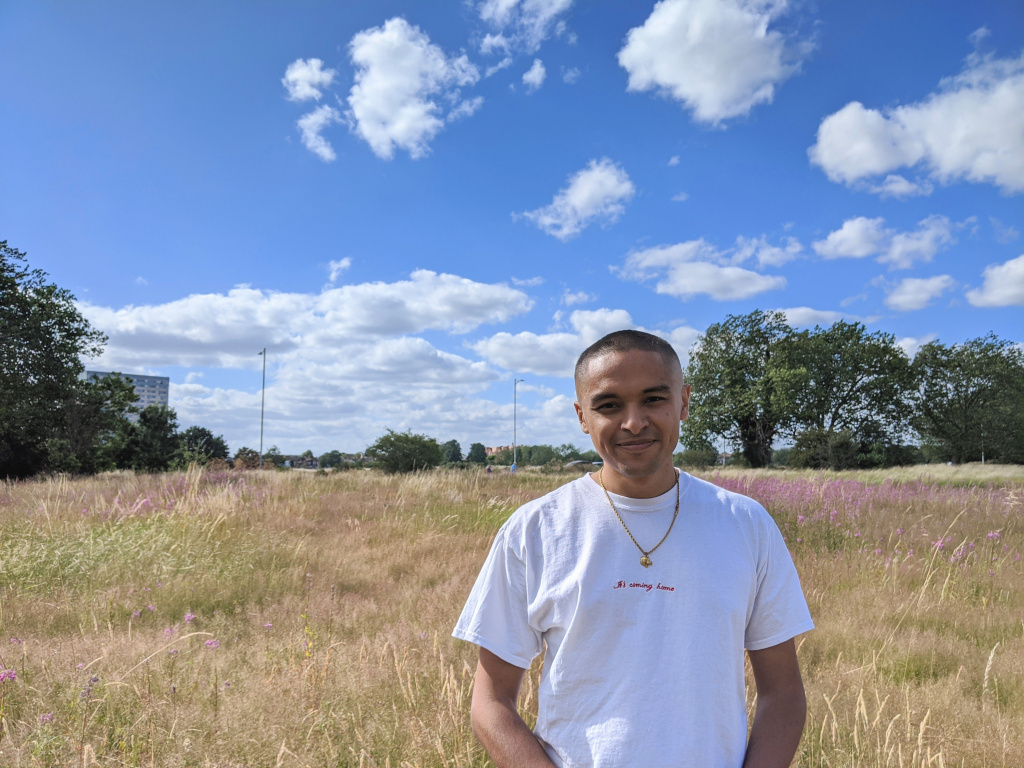
If you could offer one piece of advice, or say something to the whole industry as we launch into 2021, the podium and the mic are yours!
Keep faith that things will get better for our industry and more importantly, the wider world. This may feel empty and lack the comfort that many of us need right now but it has to get better at some point. It’s scary and it may get even worse before it gets better but all we can do is keep hopeful, keep the cogs of our industry moving, especially as there will be an ongoing need to understand how culture is rapidly transforming.
Do you have anyone who has helped your career so far that you’d like to say thanks or give a shout out to?
There are a number of people but one person I haven’t thanked enough directly is Kate Knight from Flamingo, who is one of the key people that gave me a chance at the beginning of my career in market research. In many ways, I come from an unconventional background and I’m happy to have proven her right in taking a chance on me. She’s an incredible research director and thinker in general, and I feel lucky to have had the chance to work with and be encouraged by her.
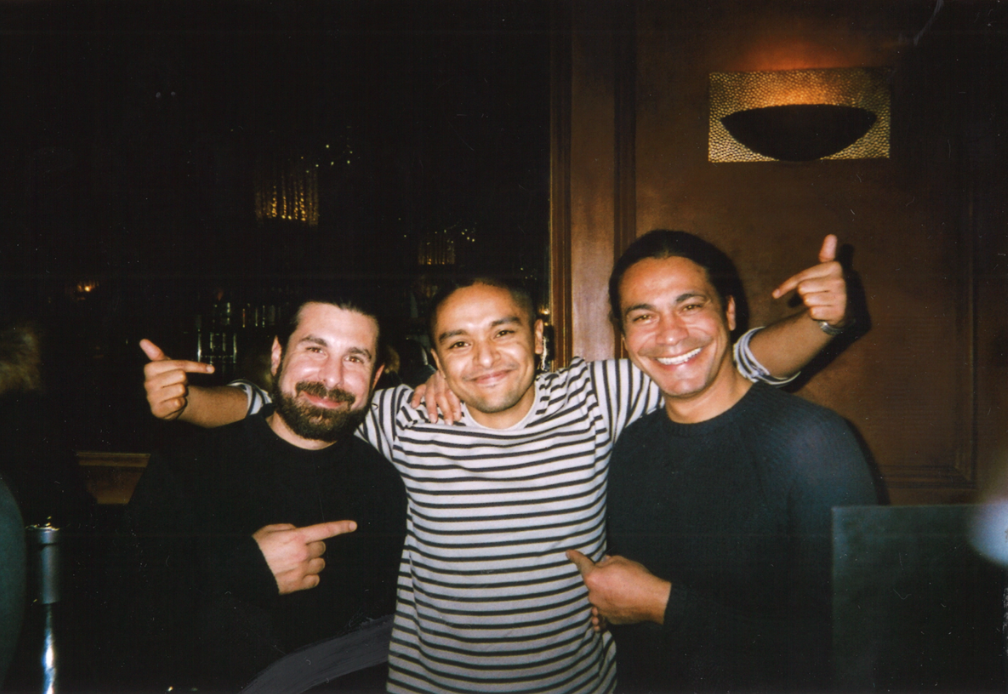
What one thing would you change about the market research industry?
Going back to the first question about how I ended up in this industry, I mentioned that it was an unusual path. The story about falling into this industry, almost accidentally is a common but romanticised one. If I could change one thing fundamentally about our industry it would be that people could find out about it more easily at school and then further education too. Ideally there should be less targeting of the same few universities and less stories of finding out about market research jobs only because of a friend that’s already inside it.
If you weren’t working in market research today, what would you be doing?
Probably something completely different! There was a short period between broadcast and research that I was planning on setting up a tea business, really getting to know my Assams from my Zhejiangs. Maybe one day in the future I’ll conduct a few focus groups to see if it’s still viable.
Thanks Tarek! A breath of fresh air, thanks for all your inspiring thoughts and ideas. I look forward to watching you continue to flourish!